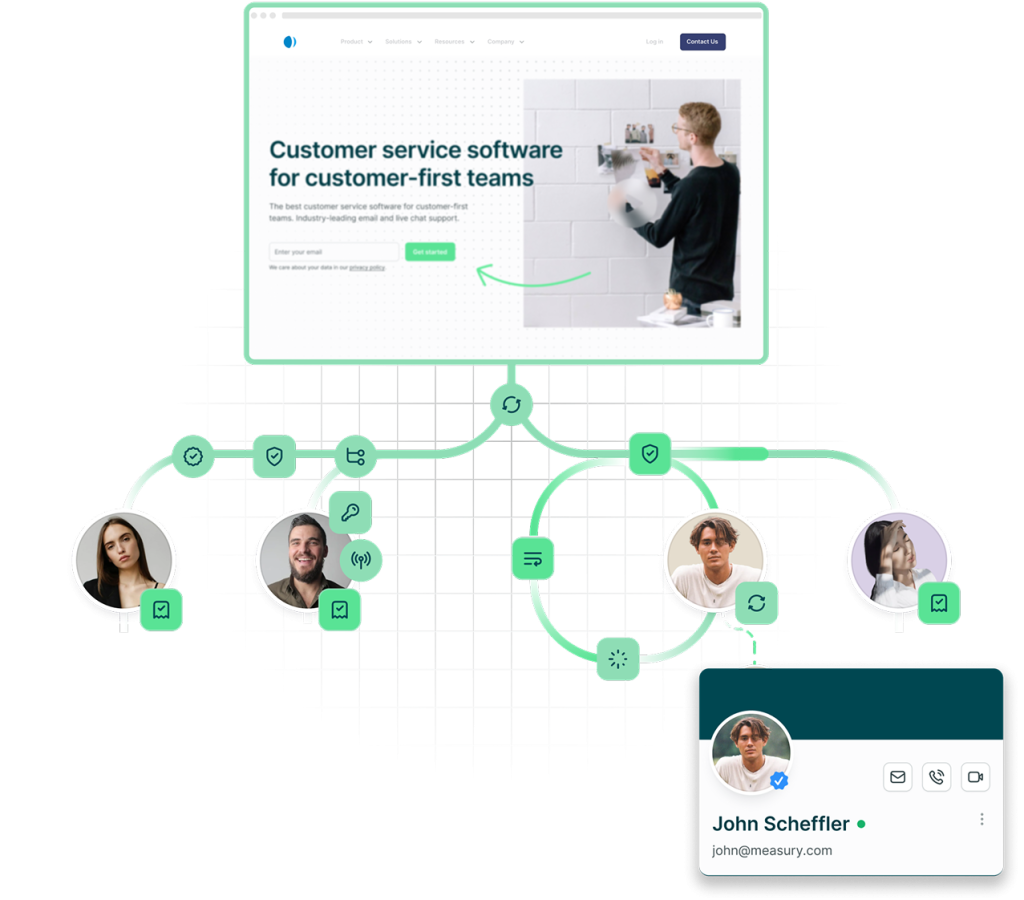Companies using dBase by dBase in 2026
As of 2026, 437 verified companies use dBase – across industries, company sizes, and geographies. This is real, verified data. Whether you’re looking to analyze the market, build a target list, or get a sales edge – this is your starting point.
What is dBase?
dBase by dBase is a database management system (DBMS) known for its file format (.dbf) and programming language. It’s utilized in various industries and departments, including data management, software development, and database administration, for tasks like data storage, retrieval, and manipulation.
Last updated date
Number of Companies using
437
The majority are based in the
United States
Most common industry?
Manufacturing
dBase’s sample user list in 2026
We have data on 437 companies that use dBase. Our dBase customers list is available for download and comes enriched with vital company specifics, including industry classification, organizational size, geographical location, funding rounds, and revenue figures, among others.
Get a Free Sample of Companies that use dBase
We’ll send you a personalized preview of companies using dBase—tailored to your ideal customer profile. No fluff. Just verified data. And a chance to turn tech signals into pipeline.
dBase users and customers by country
2.6K Companies
2.6K Companies
2.6K Companies
2.6K Companies
Where dBase Shows Up Most
dBase is used across a wide range of sectors:
Manufacturing
Business Services
Education
Colleges & Universities
Custom Software & IT Services
From lean startups to global enterprises, dBase’s footprint is wide, and that means opportunity.

Tech Stack Database
How It Works
It’s everything you wish outbound was—automated, precise, and scalable.
- Landbase finds and qualifies your ideal prospect data automatically
- Landbase deploys specialized AI agents to generate and run high-converting campaigns
- Landbase executes across all channels, handling all the technical complexity behind the scenes.
- Your pipeline fills up. You get to focus on strategy, not busywork.
Trusted by High-Performing GTM Teams
Join the teams using Landbase to:
- Eliminate manual prospecting
- Fill pipeline faster
- Win against competitors
- Built for SDRs, AEs, RevOps, and GTM Leaders
- Powered by AI. Delivered with Speed
FAQs
Contact UsHow current is this data?
This data is updated on August 17, 2025
What is dBase?
dBase is a database management system (DBMS) known for its file format (.dbf) and programming language. It’s utilized in various industries and departments for tasks like data storage, retrieval, and manipulation.
How many companies are using dBase in 2026?
As of 2026, there are 437 verified companies using dBase.
What industries are using dBase?
dBase is used across various industries, including Manufacturing, Business Services, Education, Colleges & Universities, and Custom Software & IT Services.
In which country is dBase most widely used?
dBase is most widely used in the United States.
Can I get a list of companies using dBase?
Yes, a list of companies using dBase is available for download, enriched with company specifics like industry, size, location, funding, and revenue.
